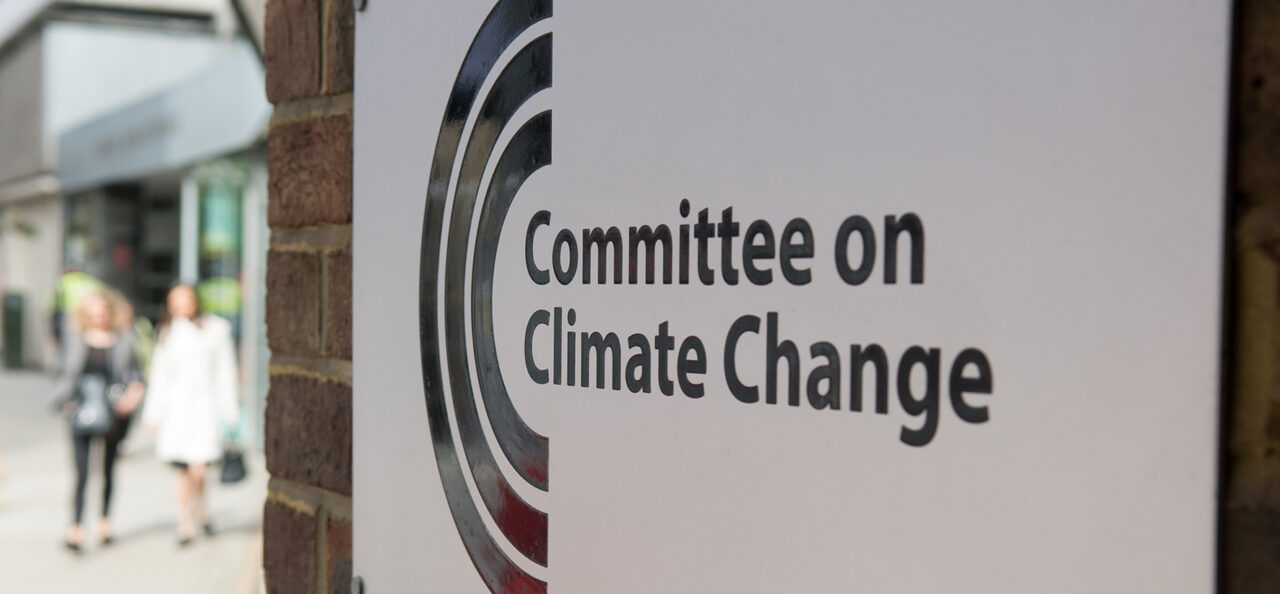
Image: CCC.
Decarbonising housing is one of the “toughest challenges” for net zero, the Committee on Climate Change (CCC) has warned, and it is “vital” this challenge is not made harder.
In a letter addressed to housing secretary Richard Jenrick and penned by CCC chair Lord Deben and chair of the adaption committee Baroness Brown, the CCC welcomed the standard and the proposals to tighten Part L of the building regulations, but warned “they do not go far enough”.
The proposals to Part L – outlined in a consultation published in October 2019 – include two options for increasing energy efficiency, one with “very high” fabric standards and one with better fabric standards together with carbon saving technology such as PV.
The CCC has issued a series of recommendations for the Future Homes Standard; firstly that the full definition of the policy should be set now and legislated before 2024 in order to give the market certainty. The letter points to the scrapped Zero Carbon Homes policy, which it says left many investments stranded and “weakened industry confidence”.
Zero Carbon Homes bears a resemblance to the Future Homes Standard, which was first announced in 2006 but scrapped before it could come into effect in 2016. Analysis from the Energy and Climate Intelligence unit in 2019 found that the decision to remove the policy is costing occupants of new-build homes over £200 a year.
The CCC’s letter goes on to urge that the implementation date of the Future Homes Standard should be brought forward, pointing to Scotland introducing equivalent standards a year earlier in 2024.
Whilst the CCC is “sure” that the intention was to rule out the use of fossil fuels explicitly in the Future Homes Standard, the proposed standard can be interpreted in a way that onsite renewables, such as solar, can be used as an offset for continued fossil fuel use. “This is not a credible basis for the standard,” the letter states.
Local authorities should also be allowed to introduce more stringent and earlier targets if they wish to.
Other recommendations made in the letter include setting a framework in the Future Homes Standard for assessing the “significant” emissions in building materials. The CCC also points to “real concern” that building fabric standards will be worse if in the future the standard for fabric efficiency is scrapped.
However, none of these proposals will be effective unless “fundamental issues” around compliance and performance are also addressed, first with a shift towards monitoring actual energy consumption and second broadening the current building safety work programme.
Building standards were thrown into the spotlight last October, when the Solar Trade Association found that around half of local authorities have higher building standards than national requirements.
Polly Billington, director of UK100, also warned that the Future Homes Standard could limit local authorities from setting higher standards, which has been echoed in the CCC's recommendation for allowing local authorities to set more ambitious targets.
Solar Power Portal has contacted the Department for Housing, Communities and Local Government for comment.
The full letter can be read here.

